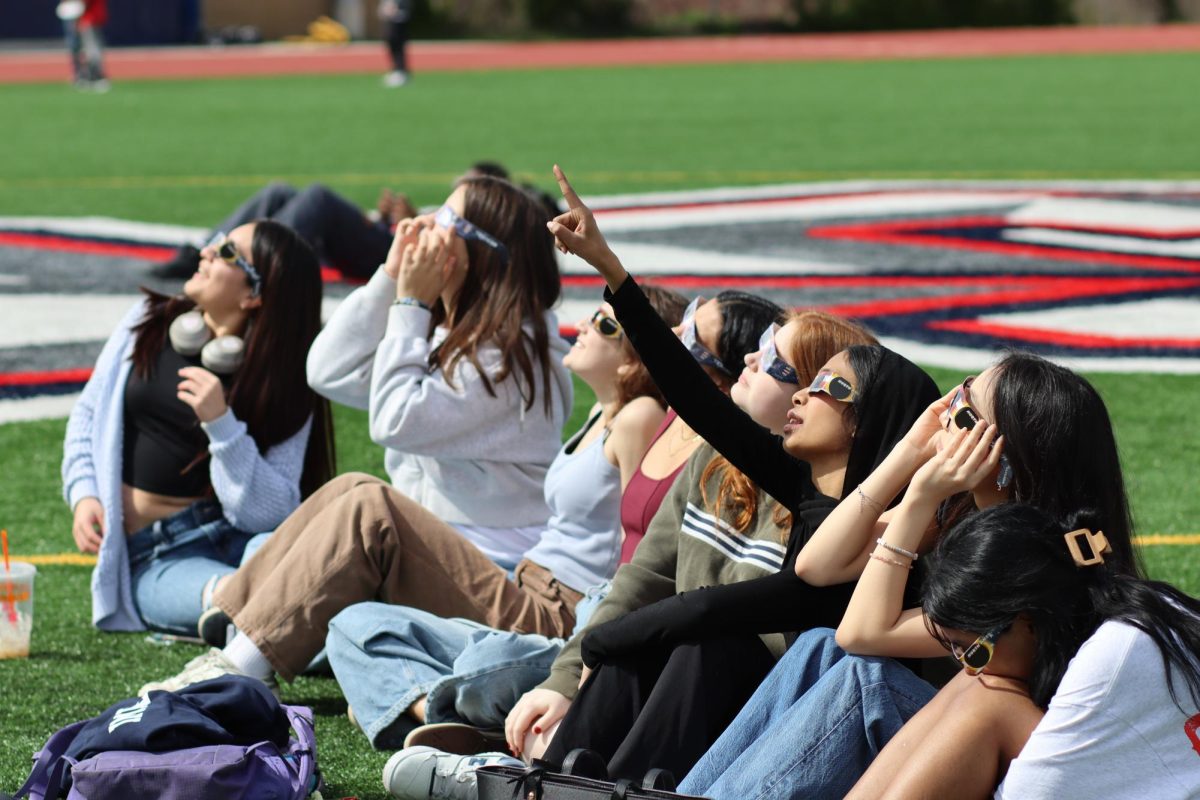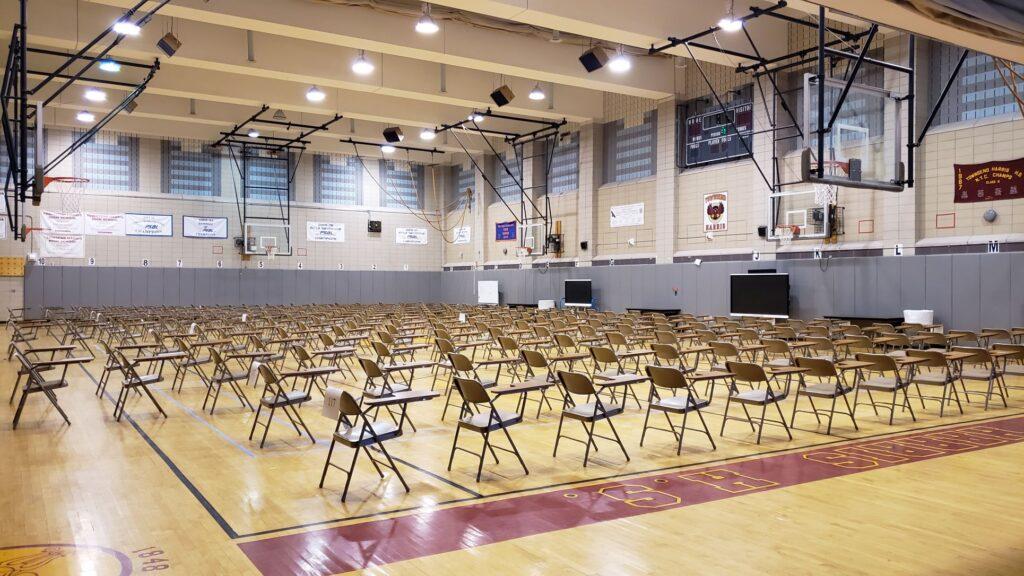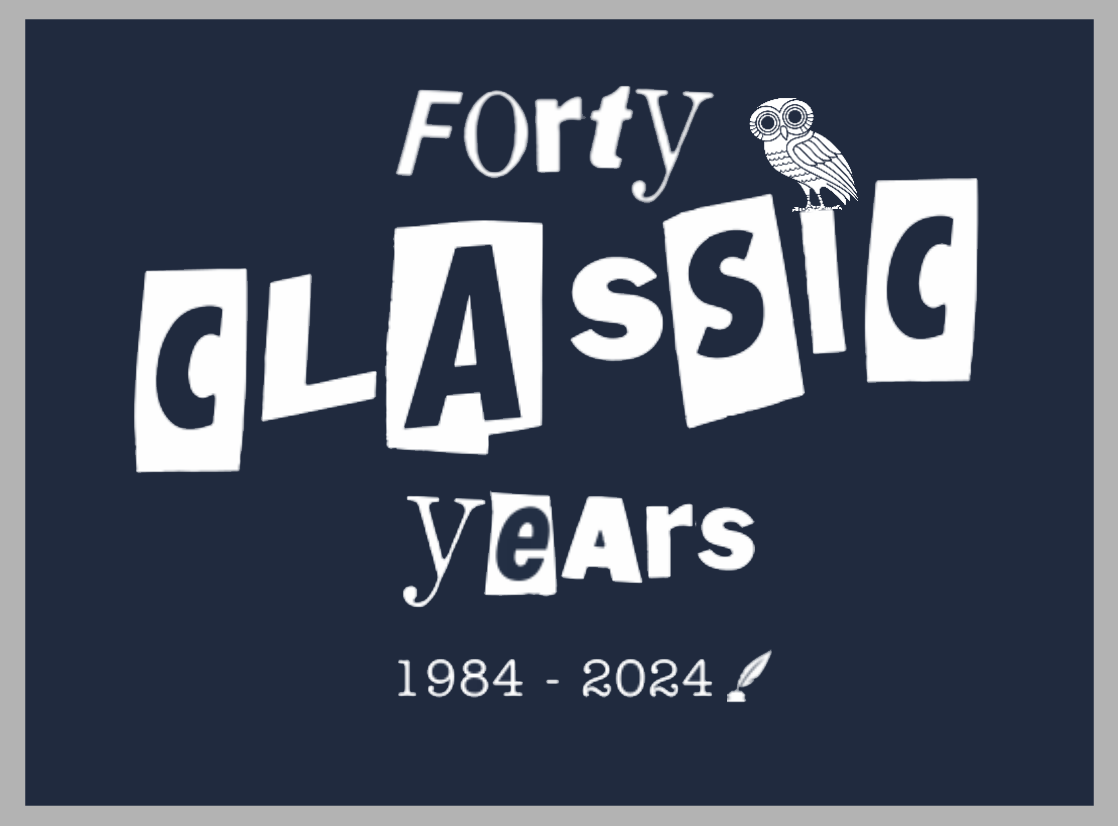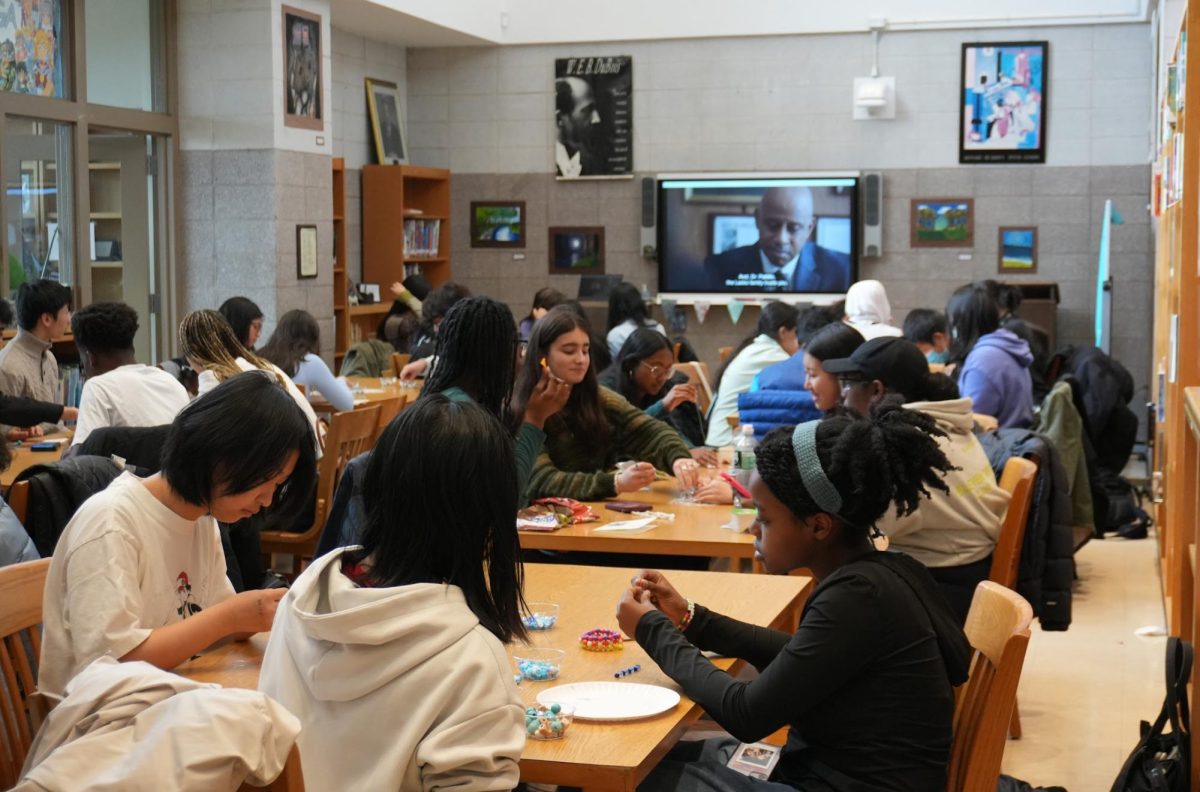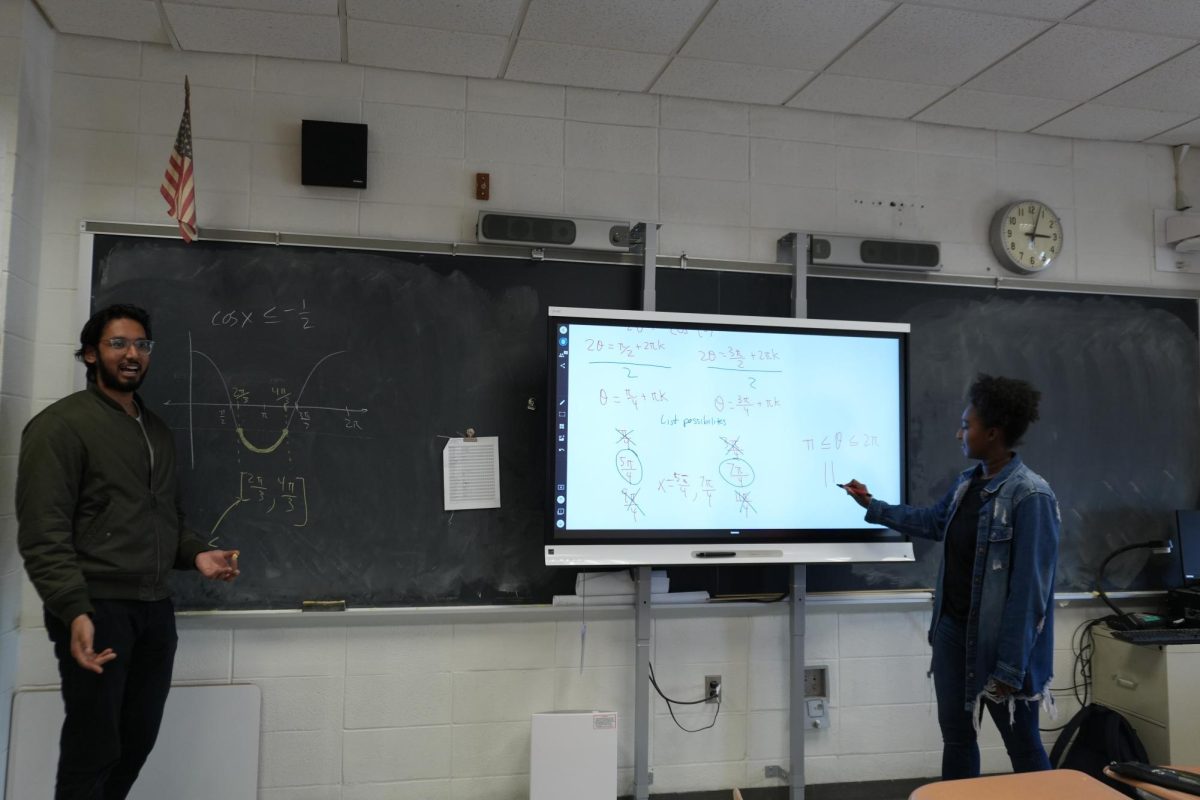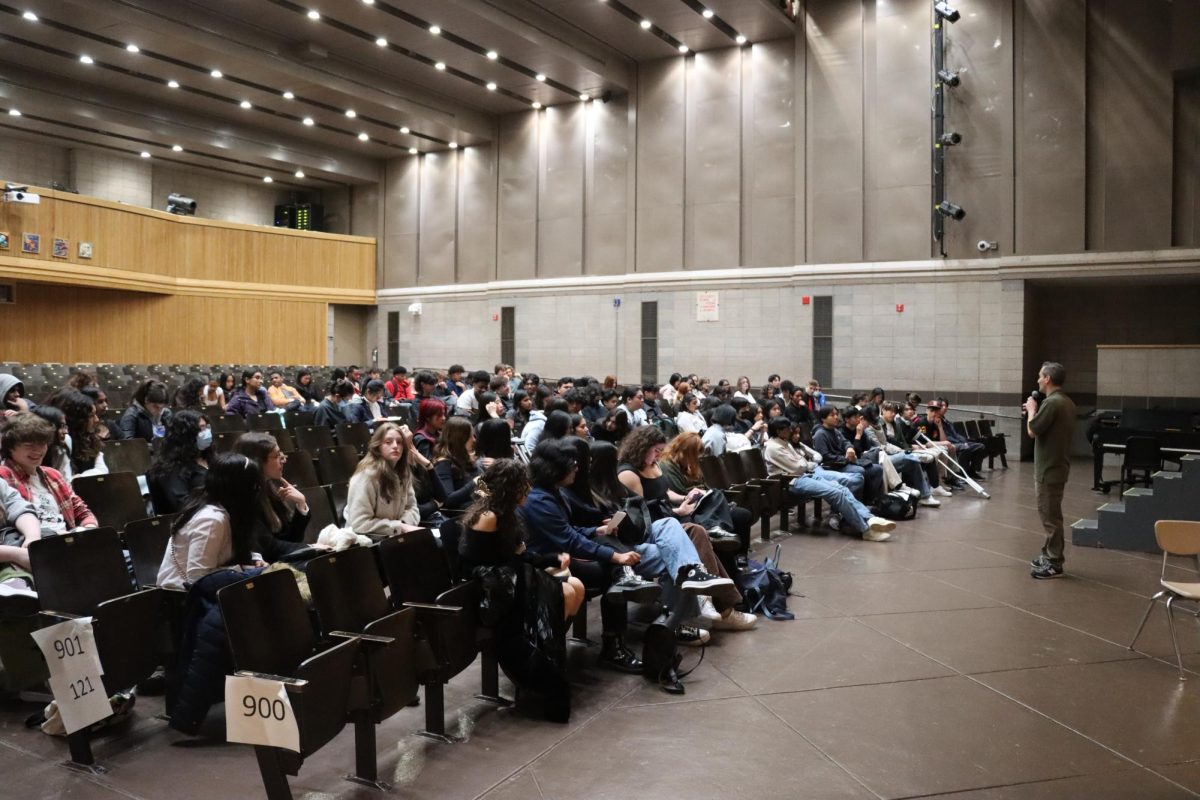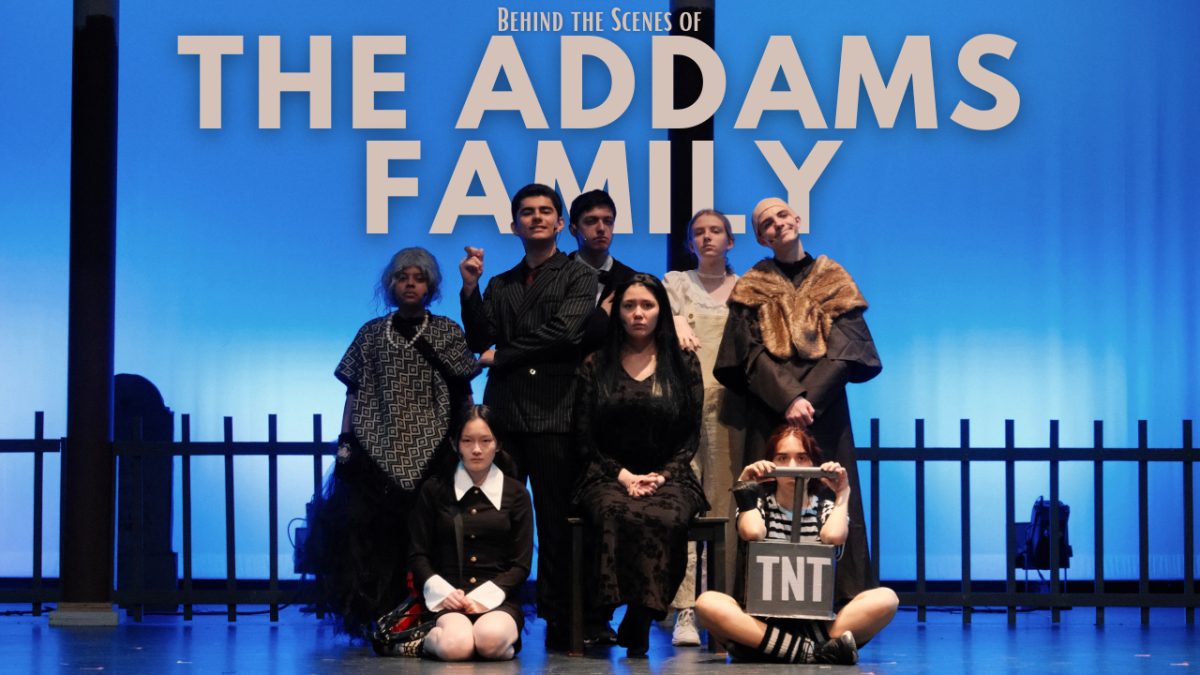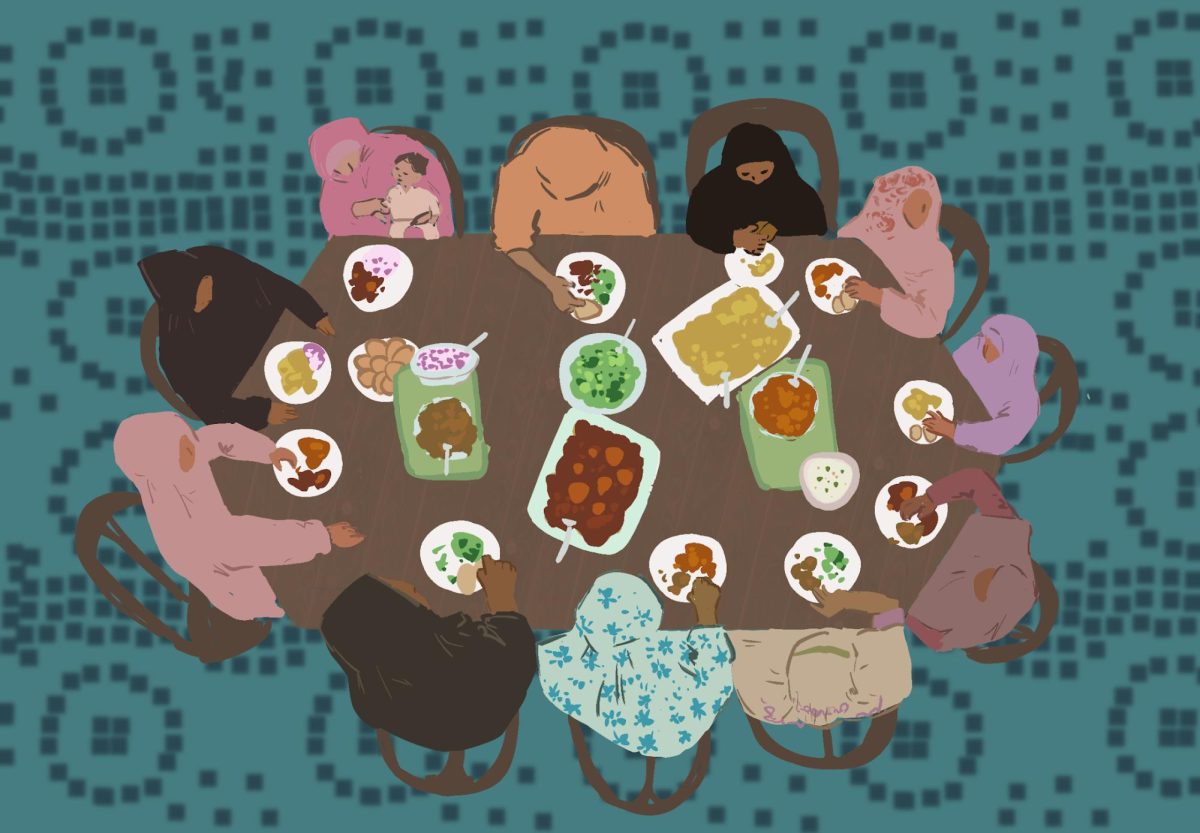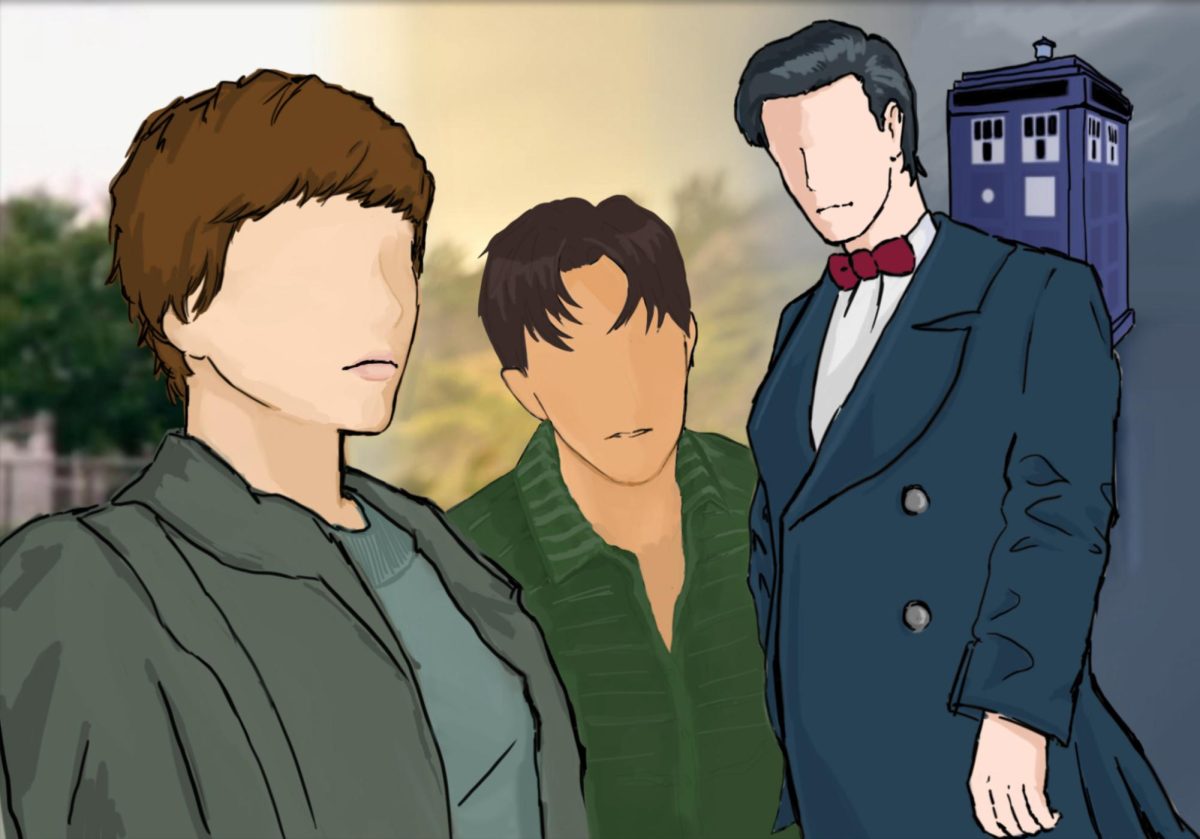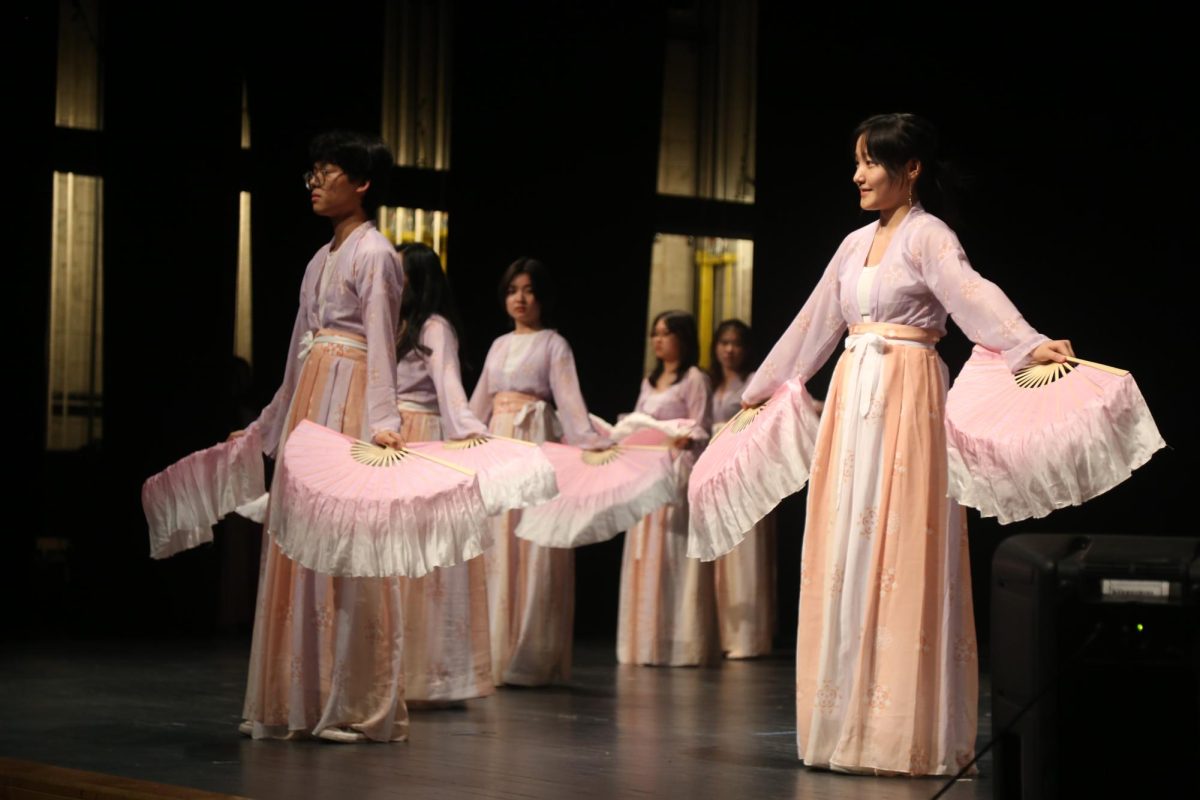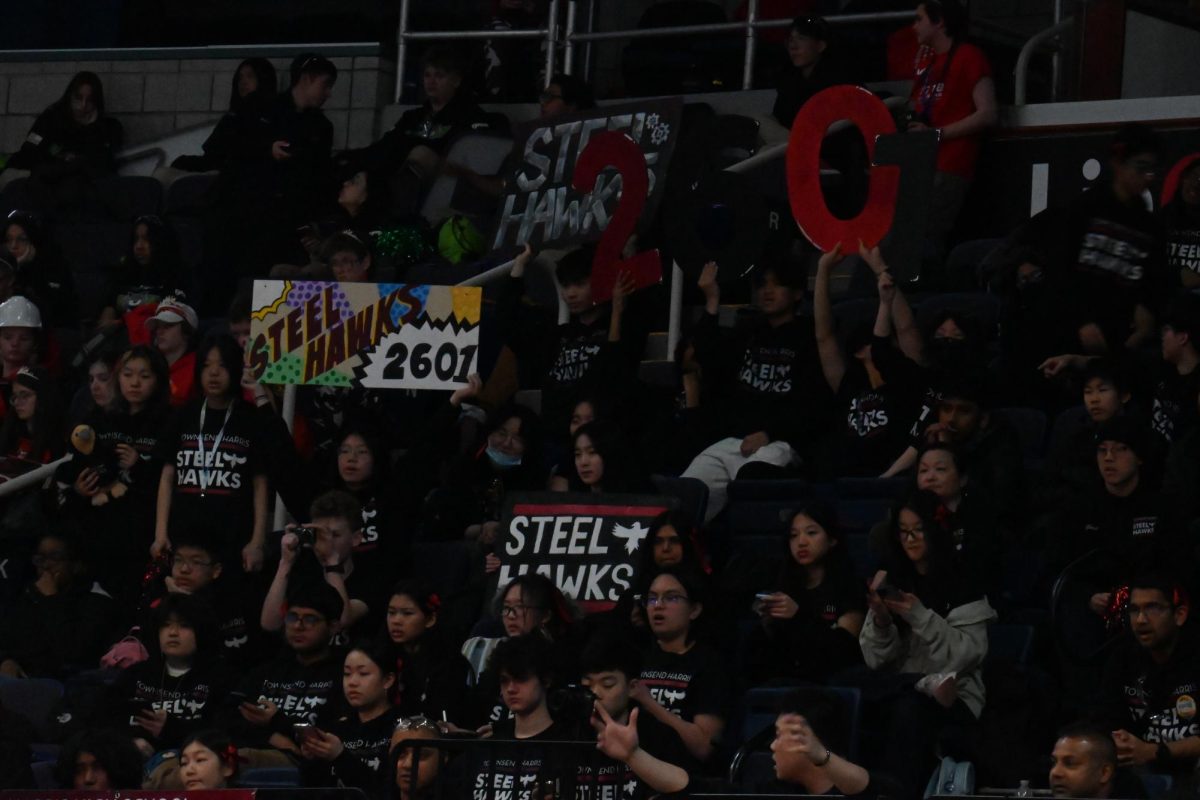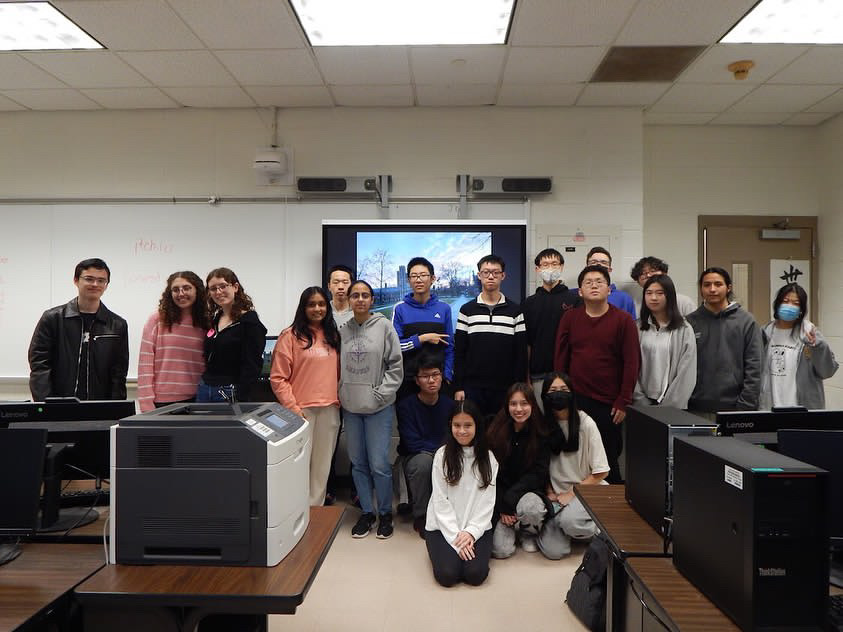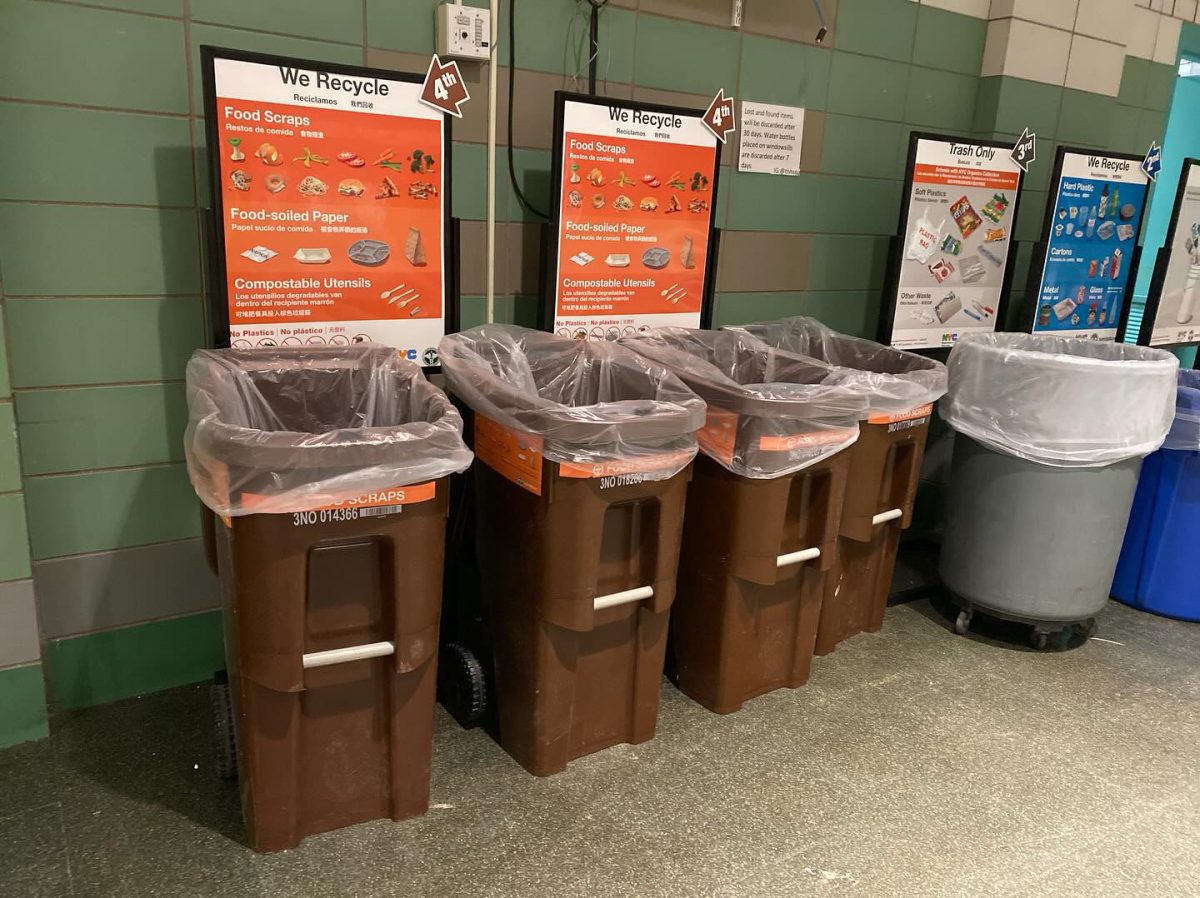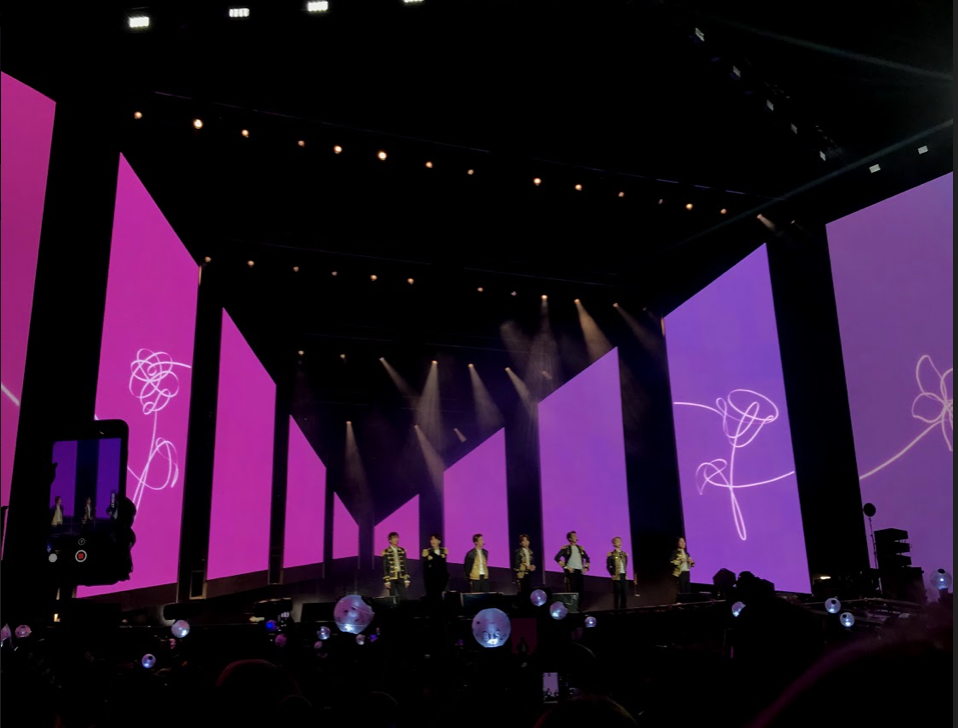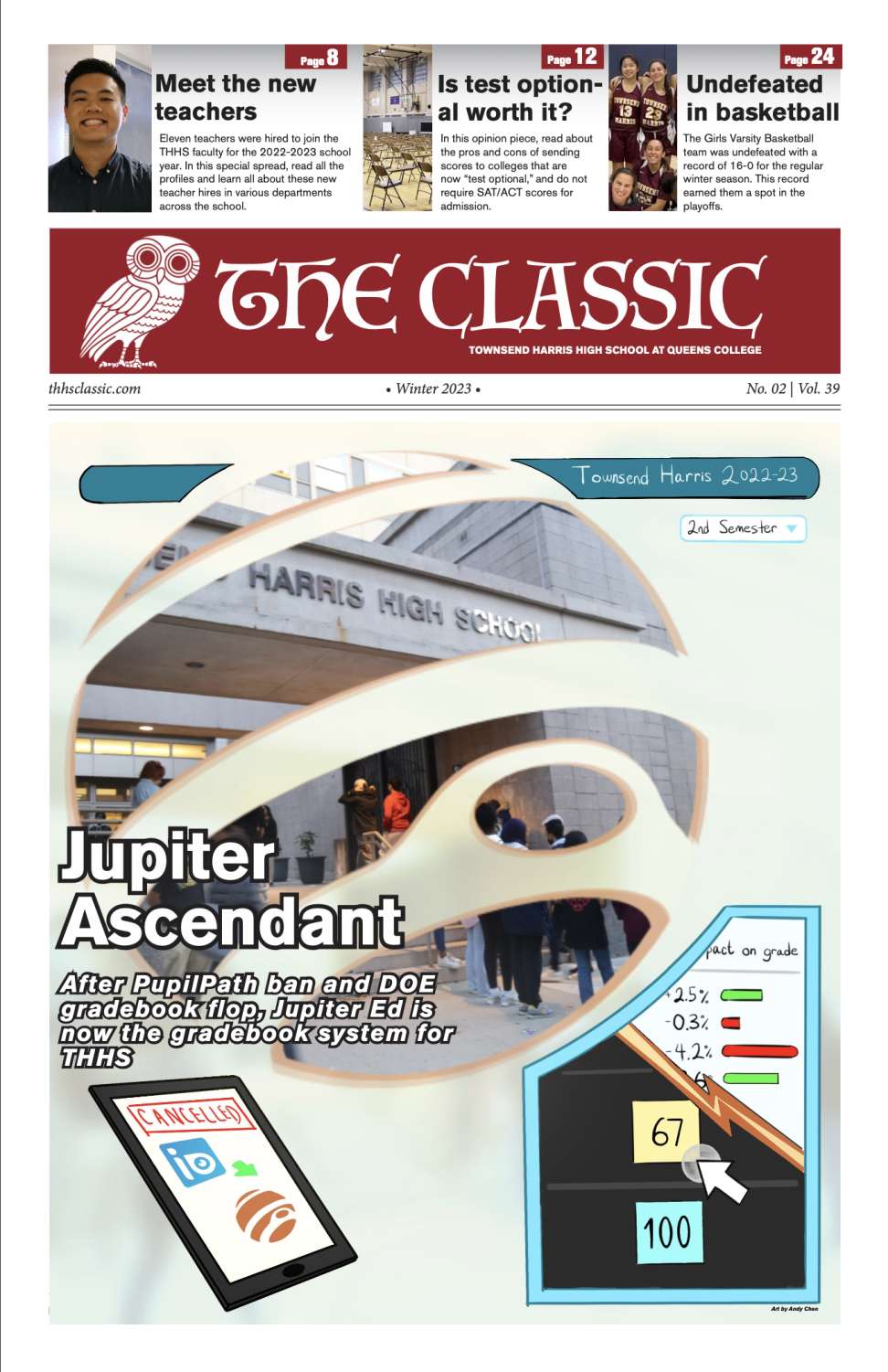
Korean Pop (K-Pop) is a genre of music that includes different audiovisual elements. With known artists such as BTS and NCT playing over American radios and appearing on American television shows, K-Pop is slowly growing more popular in Western media. However, with this change in the music scene, K-Pop is becoming increasingly misunderstood.
In Korea, K-Pop idol musicians only debut after passing a singing audition, a dancing audition, a profile test, and a rigorous training that can last anywhere from a couple months to a decade. This training period is considered the hardest part of being an idol, with set rules trainees need to follow and contracts they must sign before entering their training period.
As a result, Korean idol musicians are seen as conditioned products of strict Korean standards. This has led to many misconceptions of K-Pop as they become more prominent in Western media. Freshman Angela Choi said she believes many of these views stem from the idea that “K-Pop is something that [people] are not used to,” so they “have a hard time accepting [K-Pop], as they weren’t [exposed to it before].”
As K-Pop filters into Western media, opposition and hate towards the genre of music expands. Junior Suhyun Park believes this opposition to K-Pop is also because male groups, in particular, “are typically more feminine in looks and their songs than what Western culture accepts. We like to see our male celebrities as masculine and K-Pop groups [defy] the norms.” Compared to popular American artists, Korean male idols are more flexible with their use of makeup, sense of fashion, and music concepts.
A common misconception is that K-Pop idols aren’t real musicians. Many opposers of the music believe idols shouldn’t be called musicians as the process of becoming a singer differs from that of the US: Singers aren’t discovered but rather shaped to become public influencers. In response, Angela said, “All K-Pop idols go through intense training… [and] calling them talentless is blatantly ignoring [their hard work to be] where they’re at.”
Another common misconception stems from the belief that idols aren’t musically inclined. People tend to believe that idols in the K-Pop industry are chosen solely for their visuals or other factors rather than their ability to sing or rap. Senior Christopher Thomas said, “A lot of people think K-Pop groups are untalented because a lot of the concepts are repeated and sometimes generic.”
As a result, these misconceptions cause a listener who is first exposed to K-Pop to stray away from the genre of music or react negatively to it. This reaction only adds onto the misunderstandings of K-Pop, leading to uneducated beliefs surrounding the genre of music.


